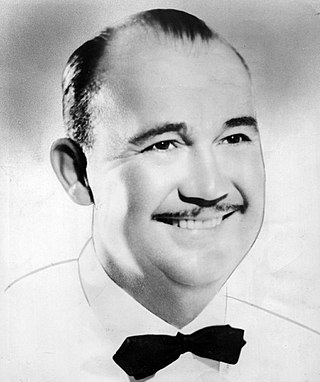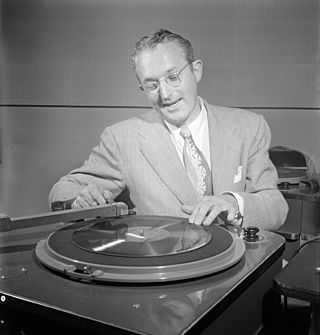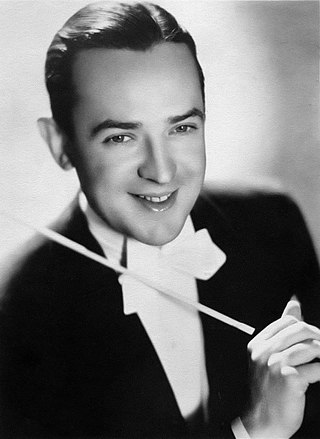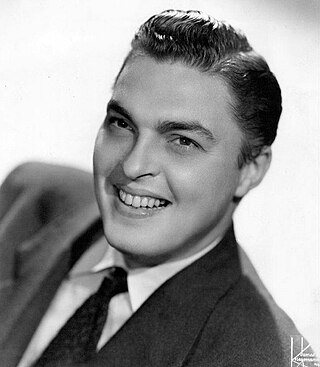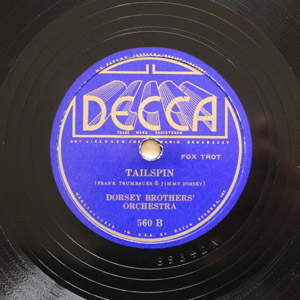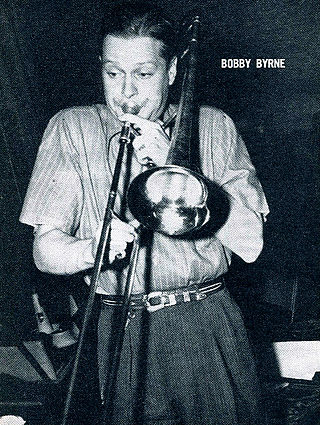Plot
Circa 1913, in Shenandoah, Pennsylvania, Thomas Dorsey, Sr, a coal miner, moonlights as a music teacher. He insists his sons Jimmy Dorsey, 9, and Tommy Dorsey, 7, respectively, learn the saxophone and trombone to avoid the coal mines. Initially, the boys are unenthusiastic, resentful of long hours of practice and the father’s strict discipline when they gripe. Their mother, Theresa Dorsey, thinks her husband is too hard on their sons. Janie Howard, their childhood friend, likes to hang around and watch them practice.
When Thomas Sr loses his coal mining job, he pitches his “band” (himself on trumpet, Jimmy on sax, Tommy on Trombone, and others on drums, fiddle, and piano) to the owner of Gorman’s Hall, a public dance hall. Knowing Thomas’s sons are roughly 10 and 12, Gorman hesitates, but Tomas Sr convinces him to give the band a chance – if he doesn’t like them, he doesn’t need to pay.
At their first engagement, the band plays the Turkey Trot, to which the patrons dance and applaud politely, but the bar owner is unimpressed. When the band begins a waltz, Tommy, on trombone, starts to improvise on swing tempo, and Jimmy joins in on the sax. The crowd becomes more enthusiastic, and Gorman, pleased, hires them.
In the early 1920s, the boys, with Jane Howard as their singer, are touring with their own band, the Wild Canaries, struggling to meet their expenses while performing intermittent one-night engagements. Heading for Jefferson City, their piano player leaves. To replace him, Jimmy and Tommy enlist the piano player at the local movie theater, Robert Burton, who plays background music for silent films. Their agent sends a telegram that their Jefferson City engagement is cancelled and they have no further bookings, but they have received an offer to join the Paul Whiteman band. The popular Paul Whiteman is known as “The King of Jazz.”
Robert, who is attracted to Jane and decides to stick around, plays his own composition, “To Me,” for Jane to sing. Tommy does not relay the offer from Whiteman to Jimmy. They are offered $50 to participate in a radio experiment putting a live orchestra on the air to test reception over 50 to 60 miles. They play “Runnin' Wild” too loud and Tommy and Jimmy get into another of their constant arguments—live over the air—when Tommy takes a solo and Jimmy objects. Two more band members leave. Jimmy blames Tommy for having concealed the offer from Paul Whiteman.
During the early days of radio in New York, Tommy and Jimmy play for a while with the prestigious Paul Whiteman band. On the side, the Dorseys are plugging songs for sheet music sales and reunite with Robert Burton, who has published “To Me.” The Dorseys, with Robert and Jane, now form the Dorsey Brothers Orchestra. Robert and Jane become a couple and Robert is writing a concerto he wants to style as “The American Concerto.” Robert proposes to Jane, but she doesn’t want to desert the struggling Tommy and Jimmy, who bicker constantly over jazz styles and leadership. Tommy thinks the rhythm should be livelier; Jimmy thinks it’s too fast.
Though the Dorsey Brothers Orchestra is successful, the brothers continue to fight. Jane is now engaged to Robert. The band plays with Jazz pianist Art Tatum (who plays himself). Jane sings “The Object of My Affection” and “I'll Never Say Never Again”. Tommy and Jimmy bicker again and Tommy walks out for good. Robert gives Jane an ultimatum. If she goes now, they are through for good. Jane stays with Tommy Dorsey, who she believes needs her more.
Tommy Dorsey forms his own orchestra and has a hit with “Moonlight in Vermont”. With the Dorsey Brothers Band, Jimmy continues with the rebranded “Jimmy Dorsey Band.” Both brothers have great success, Jimmy setting records for dance band attractions and Tommy as radio pick as best swing band. Jimmy Dorsey is voted the Jukebox King. They tie for top place in April disc sales. Jimmy has hits with “Tangerine,” “Green Eyes (Bob Eberley and Helen O’Connell perform their hit) ,” and “Amapola.” Tommy Dorsey has hits with “I’ll Never Smile Again,” "I'm Getting Sentimental Over You," and “Oh Marie (featured with the entire band).” They have great success without each other, often referred to just by their initials JD and TD.
Their mother is sad that boys are a success, but the family is a failure. Each won’t visit their parents if the other is there. They just shut off their ears when the subject of reconciliation is broached. Jane has an idea for reconciliation.
Jane gives Paul Whiteman a copy of Robert Burton’s unpublished “American Concerto” without Robert’s knowledge. Paul Whiteman convinces Jimmy and Tommy independently—without the other’s knowledge—to play a new “American Concerto” at a charity benefit. At rehearsal, both Tommy and Jimmy initially refuse to play together. They receive notice that their father is seriously ill. Both arrive in time to say goodbye to their father, who sees them standing together. They comfort their mother and agree to reconcile to grant their father’s last wish.
Both Jimmy and Tommy play the Whiteman concert engagement. At the concert, Robert Burton is surprised to find Jane sitting next to Mrs. Dorsey. Robert recognizes his concerto and reconciles with Jane. “The End” flashes as the reconciled Jimmy and Tommy play a clarinet and saxophone duet.
Background
The film is a musical comedy based on the lives and careers of Tommy and Jimmy Dorsey. The Dorsey Brothers star as themselves. Other actors include Janet Blair, William Lundigan, Sara Allgood and Arthur Shields. Janet Blair demonstrates that she is a highly competent singer.
The "side plot" focuses on a romance between Jane, who grew up with the Dorseys and becomes the singer with their band, and Bob Burton, who leaves his employment as a support pianist for the cinema and joins the Dorseys. Bob writes music and strives to complete an original American-sound concerto.
There are also cameo appearances by other jazz musicians of the period: Paul Whiteman, Charlie Barnet, Henry Busse, Bob Eberly, Helen O'Connell and Art Tatum. [3] Pianist Tatum "is shown playing in a night club with the piano surrounded by the Dorsey brothers and other well-known musicians, who finally join him in an ensemble blues." [4]
The Jimmy Dorsey composition and theme song "Contrasts" is played in the movie. "Green Eyes", "Tangerine", "I'll Never Smile Again", "Marie", and "I'm Getting Sentimental Over You" are also featured in the movie, along with "To Me" and "Dorsey Concerto". Paul Whiteman and the Orchestra perform "At Sundown". Art Tatum performs "Turquoise" and "Art's Blues" at the piano.
The film was written by Art Arthur, [5] Richard English and Curtis Kenyon. It was directed by Alfred E. Green. [5]


